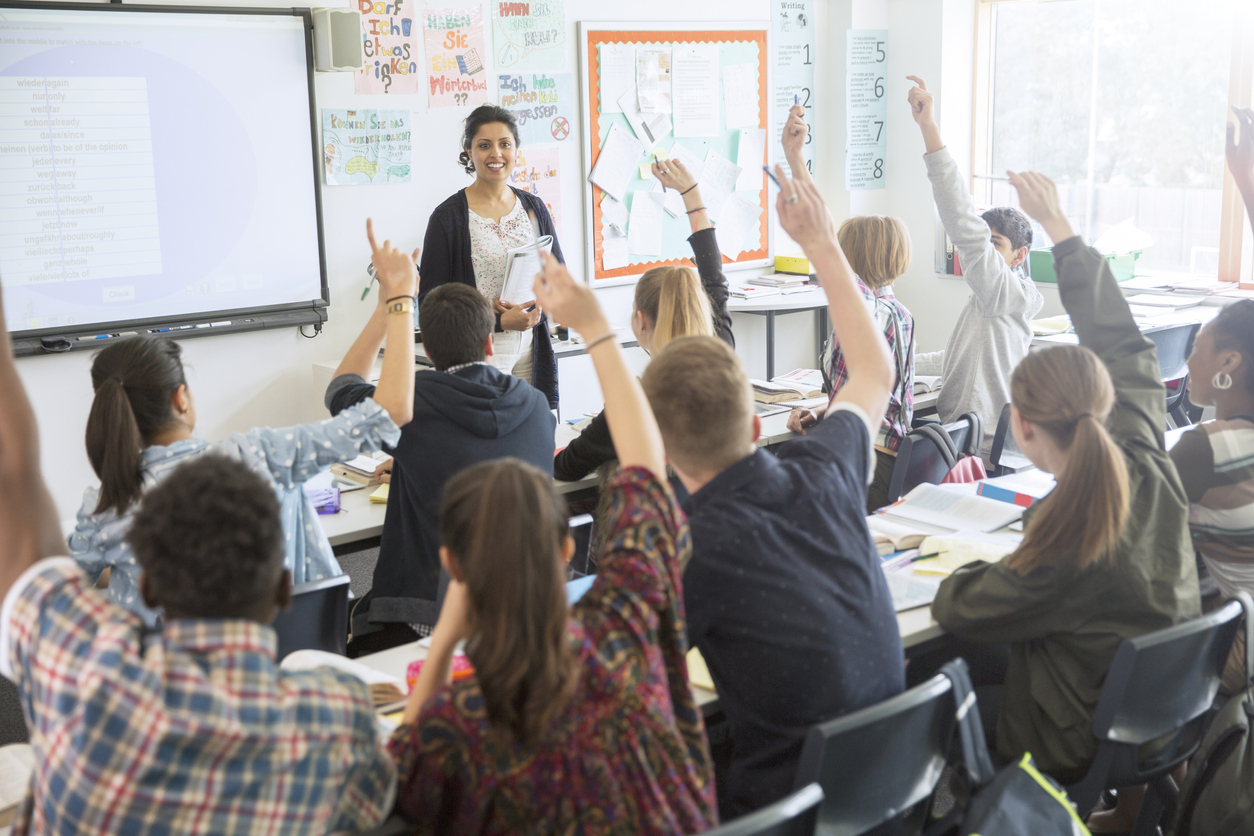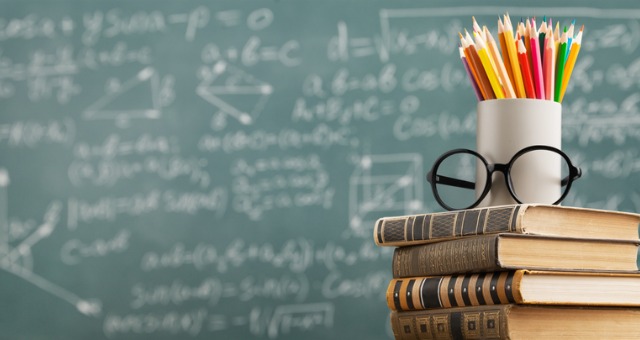Discover the Best Primary Science Tuition Singapore for Your Learning Journey
Discover the Best Primary Science Tuition Singapore for Your Learning Journey
Blog Article
Discover the Vital Benefits of Understanding Key Science for Young Learners
The value of key science education for young students expands much beyond simple expertise procurement; it works as an essential column in creating essential skills such as essential thinking, problem-solving, and imagination. Involving with clinical principles through inquiry-based and interactive tasks not only grows interest but also lays the foundation for resistant, certain students. As we discover these advantages better, it comes to be clear that the effects for future scholastic and individual development are extensive. Nevertheless, what certain approaches can teachers utilize to take full advantage of these advantages?
Enhancing Crucial Assuming Abilities
Fostering essential believing skills in young students is vital for their cognitive development and future scholastic success. Crucial reasoning allows youngsters to examine information, review evidence, and make educated decisions, which are vital abilities in today's information-rich society. By participating in scientific questions, young learners can improve these skills as they discover principles with monitoring, testing, and thinking.
In key science education and learning, instructors can facilitate important reasoning by encouraging trainees to ask concerns, create hypotheses, and conduct experiments. This hands-on technique permits children to practice analytical and establish sensible thinking skills. As an example, when trainees explore the residential properties of products or the concepts of activity, they find out to analyze their searchings for critically and draw conclusions based on evidence.
Furthermore, discussions and collective projects can advertise essential reasoning by supplying chances for learners to articulate their thoughts, obstacle assumptions, and think about diverse viewpoints. By developing a helpful environment that values questions and representation, teachers can nurture critical assuming skills that empower young students to end up being lifelong learners and independent thinkers. Inevitably, improving these skills lays a robust structure for their future academic endeavors and individual growth.
Fostering Inquisitiveness and Exploration

Main science education provides a structured setting where young learners can discover various sensations via hands-on experiments and observations. By permitting them to communicate with products and participate in inquiry-based discovering, educators produce opportunities for kids to create hypotheses, check their concepts, and reason. Such experiences support a sense of wonder and enjoyment concerning science.

Building Confidence in Issue Resolving
Building self-confidence in analytic is a crucial part of key scientific research education that empowers young students to come close to obstacles with durability and creativity - primary science tuition Singapore. They establish important abilities in important thinking and analysis when kids are encouraged to involve with scientific principles with hands-on activities and inquiry-based discovering. This process not just improves their understanding of clinical principles yet likewise fosters a feeling of ownership over their understanding
To develop self-confidence, teachers should produce a supportive setting where errors are deemed possibilities for development rather than failures. This urges trainees to take threats and explore different solutions to issues. By providing scaffolding and support, instructors can aid students navigate complex jobs, slowly boosting their freedom in problem-solving circumstances.
In addition, collaborative learning experiences, such as group projects or experiments, can further boost pupils' self-confidence as they find out to verbalize their thoughts and listen to others' perspectives. These communications support social skills and enhance the concept that analytical is typically a collective endeavor. Ultimately, growing confidence in problem-solving prepares young learners for future scholastic difficulties and equips them with the devices essential for long-lasting knowing.
Encouraging Creativity and Innovation
In the world of main scientific research education and learning, encouraging creativity and technology is necessary for cultivating a vibrant discovering environment. By cultivating a culture where young students can check out concepts and experiment easily, educators aid trainees create important believing abilities and an enthusiasm for exploration. Imagination in science urges children to ask inquiries, create hypotheses, and involve in hands-on activities that boost their creativity.
Incorporating open-ended projects and inquiry-based understanding into the educational program allows pupils to express their one-of-a-kind point of views and remedies. When entrusted with addressing a problem related to their setting, students can conceptualize several approaches, leading to inventive end results that display their creativity. This not only deepens their understanding of scientific ideas however likewise infuses a feeling of possession over their learning procedure.
Furthermore, creative science education nurtures collaboration among peers, as students typically share concepts and develop on each other's understandings - primary science tuition Singapore. This collective spirit promotes not only development however also vital social abilities. Therefore, by prioritizing creativity and innovation in primary scientific research education and learning, we equip young learners to think critically, welcome difficulties, and imagine opportunities, laying a strong foundation for long-lasting understanding and expedition
Getting Ready For Future Knowing Challenges
Young students' capability to navigate future learning obstacles pivots on a solid foundation in key scientific research education and learning. This foundational understanding equips pupils with important believing abilities and a systematic strategy to analytical, important for tackling intricate Continue problems in an ever-evolving world. Key science fosters inquiry-based learning, urging trainees to ask questions, discover hypotheses, and involve in hands-on experiments.
As they establish these abilities, learners come to be skilled at analyzing information, recognizing patterns, and attracting informed verdicts. Such proficiencies are vital not just in scientific areas but additionally in math, design, and technology (STEM), where interdisciplinary expertise is significantly vital.
In addition, main scientific research education cultivates a sense of inquisitiveness and strength in young students, enabling them to view difficulties as chances for development. As they run into and get over obstacles in their scientific explorations, they build confidence in their ability to innovate and adapt.
Ultimately, a strong foundation in key scientific research not just prepares young learners for academic quests however likewise furnishes them with the tools required for lifelong knowing and adaptability in a rapidly changing global landscape. By buying key scientific research education and learning, we are investing in the future capacity of our learners.
Conclusion
Comprehending primary scientific research is vital for young learners, as it cultivates vital reasoning, inquisitiveness, and creativity. Inevitably, the benefits of key science education and pop over to this web-site learning prepare children for future scholastic quests and impart long-lasting understanding routines important for growing in an ever-evolving globe.
The value of main science education for young students prolongs far beyond plain understanding procurement; it serves as a basic pillar in creating crucial skills such as vital reasoning, analytic, and creativity. By producing a helpful setting that values questions and representation, instructors can nurture crucial thinking skills that equip young learners to end up being long-lasting students and independent thinkers. Therefore, by focusing on creative thinking and development in main science education, we equip young learners to think critically, embrace challenges, and envision opportunities, laying a solid structure for Find Out More long-lasting discovering and exploration.
Young learners' ability to browse future understanding obstacles pivots on a solid foundation in primary scientific research education and learning.Comprehending primary science is crucial for young students, as it cultivates essential reasoning, inquisitiveness, and imagination.
Report this page